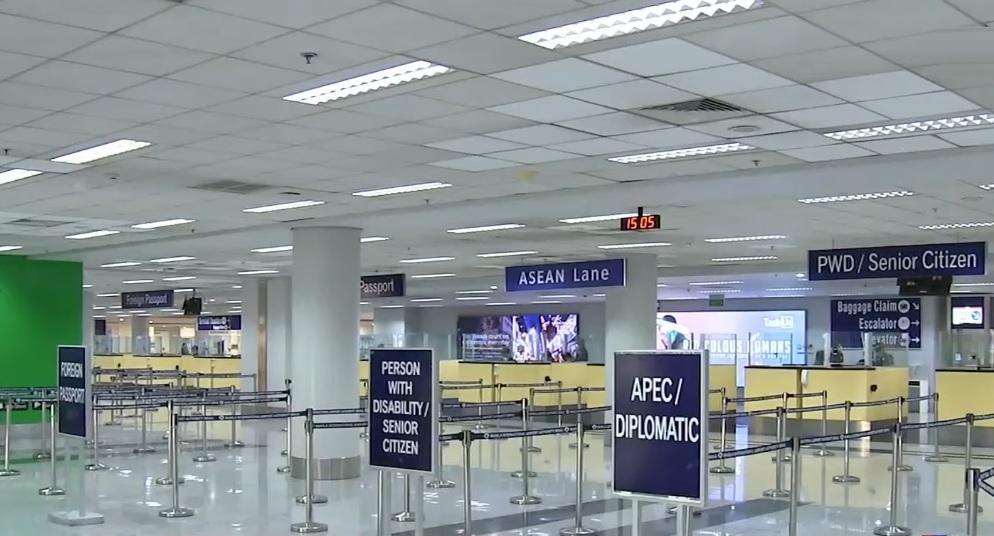Jobs
At Esperanza, ACC will provide crucial step out of homelessness: Job training | Grumet

Not far from the trucks rumbling down U.S. 183, in front of the tidy rows of colorful cabins that provide shelter for the present, a tall blue building at the gateway to the Esperanza Community stands for something else.
The future.
Next month, the first 30 students will file into this building, all Esperanza residents eager to learn well-paying trade skills that will be their path out of homelessness. Half will pursue certification as heating, ventilation and air conditioning, or HVAC, technicians. The other half will pursue certification as auto mechanics.
Both tracks lead to high-demand professions where people can earn $18 to $24 an hour to start, said Luis Castillo, manager of Austin Community College’s Skilled Trade Program, which is partnering with Esperanza and Workforce Solutions Capital Area to provide the first ACC job training program at a homeless community. A similar effort is in the works at the city-owned Austin Resource Center for the Homeless, or ARCH, shelter.
ACC expects to add plumbing and welding training programs at Esperanza next spring.
“ACC is helping the community,” Castillo told me Thursday morning, near the gates at Esperanza, “and the community is everybody on this piece of land.”
The approach might be novel. It also feels necessary in the face of inescapable math. Nearly 1,400 people live in various Austin shelters, while roughly 5,000 more have sought services over the past six months while living on the streets — and service providers believe the true number of homeless people locally is larger than that.
Yet only a fraction of them will ever get housing assistance. Dollars are limited. The waiting list can be painfully long.
“There’s just not enough affordable housing, and there’s not enough rental subsidies,” said Max Moscoe, spokesman with The Other Ones Foundation, which runs the Esperanza Community. “Getting people housed needs to be attacked from every angle.”
Such as providing job skills that can help some people afford a market-rate apartment, no subsidy required. It won’t be a one-size-fits-all solution, considering the complex factors that send people into homelessness. But it can be the right boost for some.
The job training effort arose from a village of partners. Construction of the tall blue building, the ACC skill center, was made possible by a $350,000 grant from John Paul DeJoria’s Peace, Love & Happiness Foundation, plus some electrical and plumbing work provided by the Texas Department of Transportation, which owns the Esperanza site. ACC is providing all the training materials. Workforce Solutions will pick up the tab for tuition, up to $7,500 per trainee.
Workforce Solutions is hungry for these workers: A study last year found Central Texas will need 10,000 additional employees each year, through at least 2040, in the transportation and infrastructure sector, in jobs ranging from construction and skilled trades to fleet maintenance. Helping drive that demand: the planned expansions of public transit, Interstate 35 and the Austin airport.
“There’s a real need to tap into nontraditional talent,” Sarah Garza, director of mobility industry partnerships with Workforce Solutions, told me. Topping the list of nontraditional talent: those experiencing homelessness.
When I asked Castillo how easy it would be for Esperanza residents to land jobs after completing their ACC training, he was confident employers would snap them up.
“We will never catch up with the demand,” he said. With HVAC technicians, he noted, “Companies are still bringing in people from Houston, from San Antonio, from Dallas because there aren’t enough technicians here.”
At the same time, the launch of these training programs now says a lot about the evolution of the Esperanza Community. Castillo told me he first approached The Other Ones Foundation in March 2021 with the idea of providing job skills training at the sanctioned homeless encampment.
“They almost kicked me out,” Castillo said with an understanding smile.
“We were in survival mode, and the people that were living here were in survival mode” in 2021, Moscoe explained. “People were still in tents. We were very focused on food and ice distribution and getting mail service.”
Fast-forward three years, and now all Esperanza residents are safely housed in 100 climate-controlled, single-occupancy cabins, with another 100 planned.
“The people who are staying here have the bandwidth to do something like vocational skills training because they’re in a safer environment with their basic needs met,” Moscoe said.
The present secured, Esperanza residents can train for a better future.
Ready to workThe Other Ones Foundation has also launched a for-hire work crew called Magnolia Services, staffed by Esperanza residents who provide junk removal and cleanout services. The nonprofit has provided similar services to the city of Austin for several years through its Workforce First program; Magnolia Services makes crews available to anyone else who wishes to hire them. Visit magnoliaatx.com for information.
Grumet is the Statesman’s Metro columnist. Her column, ATX in Context, contains her opinions. Share yours via email at bgrumet@statesman.com or on X at @bgrumet. Find her previous work at statesman.com/opinion/columns.








